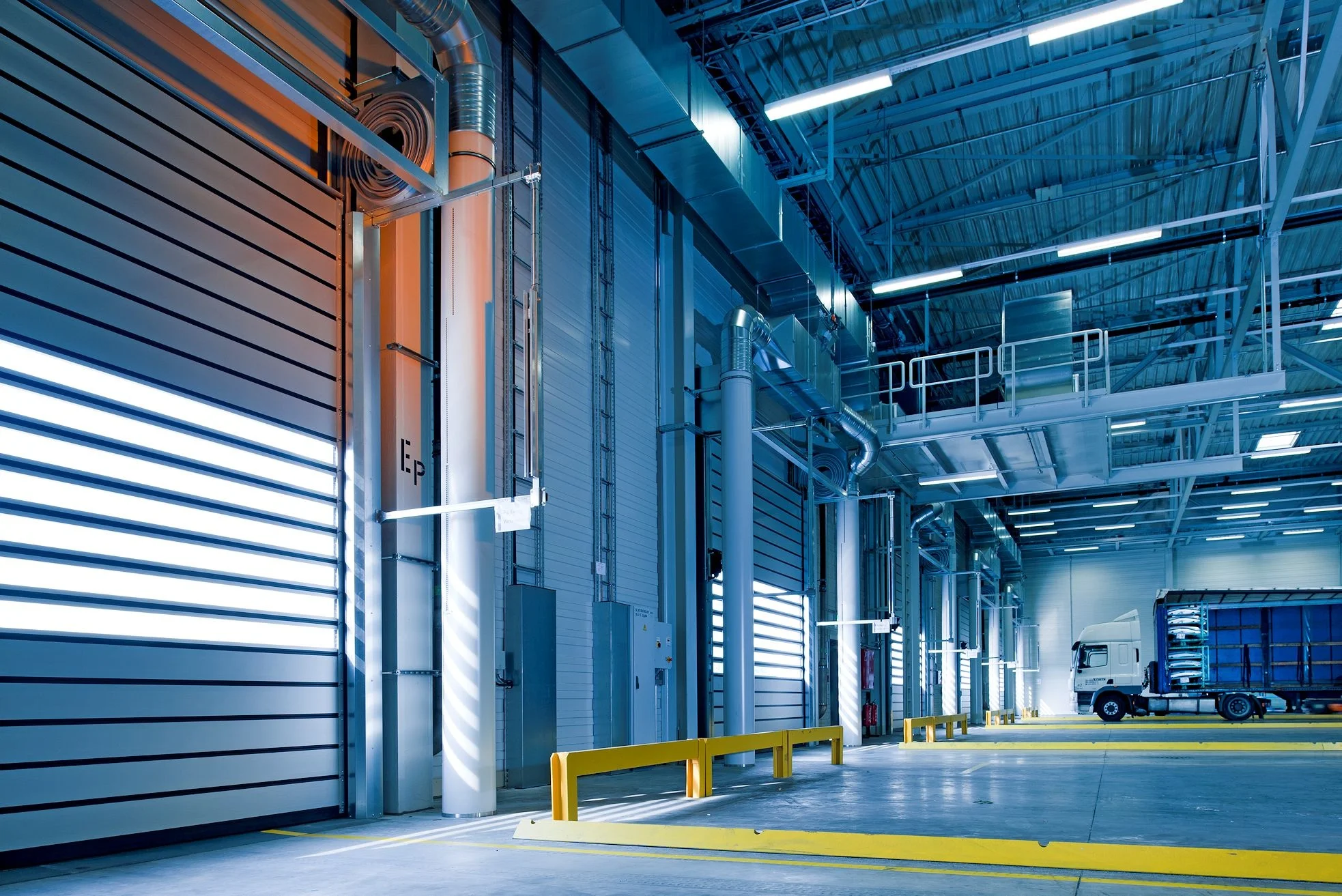Leasing warehouse spaces can be an excellent way of expanding a business or starting a new business. Warehouse and industrial spaces can fill many different needs including distribution, manufacturing, and commercial sales. That said, each property considered will have its own unique requirements and obligations; which is why it is important to make sure that you understand all aspects of the facility and what it has to offer.
Warehouse In Atlanta
For example, the HVAC system or the heating, ventilation and air conditioning for a warehouse is typically not part of the deal. In most cases the tenant will be responsible for the installation of their own system. This is especially true considering that in most cases a warehouse that is leased was likely occupied by another tenant in the past. As such, it may be possible to transfer the HVAC system to the new tenant. Negotiate the best possible deal for your business in this regard.
HVAC System Maintenance
Avoid assuming responsibility for an existing HVAC system because it is unknown whether or not the previous tenant properly maintained the system. A unit that has been neglected can become a very costly expense to a business that is just starting out. If possible, negotiate with the landlord to pay for the HVAC system maintenance so that the unit will be properly maintained. Keep in mind that if the unit requires substantial repair or complete replacement that the landlord should be the one paying for this type of work.
Atlanta Warehouse Space
Have the HVAC system completely inspected and repaired as necessary to make sure that it is in good working order before signing a lease. Work with an experienced and certified HVAC technician as a way to protect your business from added expenses down the road. It is also vital to make certain that all operating expenses are fully understood and laid out in detail. Before signing a lease for a warehouse confirm exactly what is included and what is not included in the operating costs associated with the structure. Operating costs usually include maintenance, insurance, and taxes.
Calculating Square Footage
Knowing well in advance what the landlord will be paying and what they will be responsible for can ultimately save the tenant money and headaches. Finally, knowing the actual square footage of the property is very important. Keep in mind that different landlords will calculate the square footage of buildings differently. Understand in advance the calculations and what parts of the building are included when the square footage is measured. In some cases, a landlord may attempt to include the area underneath a structure’s overhangs and some even calculate from the outside wall as compared to the inside wall. Contact Wiedmayer & Co. today to learn more about Atlanta warehouse space rentals and purchases.


